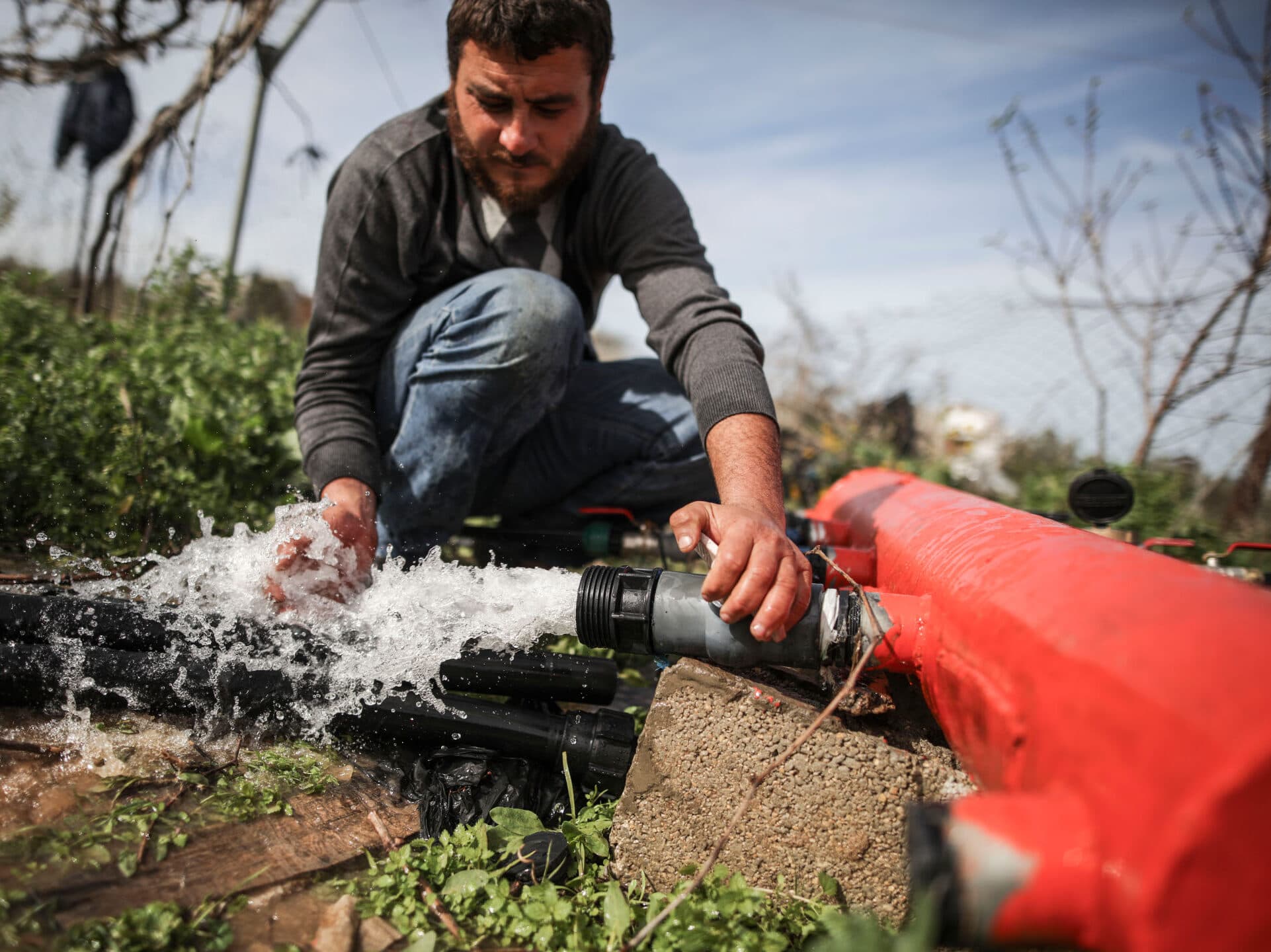
Humanitarian-Development Divide: A False Dichotomy?
17 September 2018The International Law Framework for Humanitarian and Development Assistance in a Context of Protracted Occupation.
Over the past five decades, Israel has established an occupation regime in the West Bank, including East Jerusalem, and the Gaza Strip characterised by a vast matrix of policies and practices that undermine the fundamental human rights and well-being of the protected Palestinian population. Palestinians in the occupied Palestinian territory (oPt) face a unique combination of protection crisis, economic de-development and the denial of autonomous development prospects.
Due to the chronic, protracted nature of the crisis, humanitarian and development actors operating in the oPt have increasingly recognised the need to move towards a response paradigm which combines emergency response with medium and long-term interventions. Such interventions are required to address the deep vulnerabilities of the Palestinian population brought about by protracted occupation. This has raised questions regarding the legal basis for undertaking longer term, development-type measures during occupation, and whether such measures are permitted and regulated under the same international law framework as that which governs humanitarian aid.
An analysis of the legal framework applicable to the delivery of assistance in situations of occupation should avoid reliance on the humanitarian/development dichotomy. These are policy, rather than legal terms and the differentiation between humanitarian and development aid has no bearing as a matter of international law. Rather, the inquiry should focus on what assistance the protected population is entitled to receive, and what duties the Occupying Power (OP) and third States bear, in a context of protracted occupation under international law.
